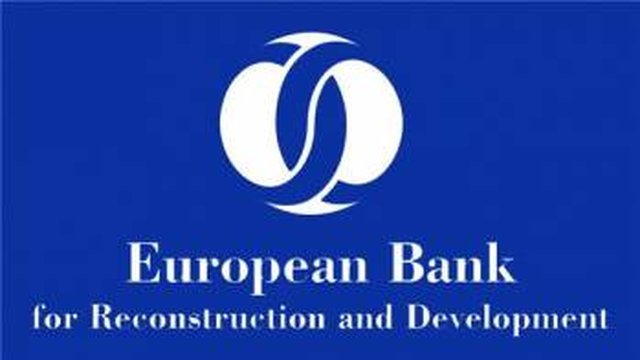EBRD alarmed at feed-in tariff cut, hopes for consolations with Ukrainian govt

The European Bank for Reconstruction and Development (EBRD) is alarmed at the reduction of the feed-in electricity tariffs by 50-55% from March 2015, a senior manager of the energy efficiency department at the EBRD representative office in Ukraine, Serhiy Maslichenko, has told Interfax-Ukraine.
He said that the EBRD has prepared a letter for Ukrainian Prime Minister Arseniy Yatseniuk, expressing its deep concern about recent events in the renewable energy sector.
"Renewable energy as a part of sustainable energy is a top priority for EBRD in all countries, especially in Ukraine, taking into account its dependence on foreign energy supplies. In turn, Ukraine proved its interest in developing "green" energy in many documents, both strategic and political," Maslichenko said.
He said that the recent decisions of the state regular has brought further investment in the sector and the possibility of returning invested funds in concrete projects into question.
He said that since 2008 EBRD has been helping Ukraine to develop renewable energy, starting from the technical aid programs and ending with aid in drawing up laws and regulatory acts.
He said that since 2010, the bank directly and via the Clean Technology Fund (CTF) has taken part in financing nine projects in the renewable energy sector in Ukraine, including three projects in the solar energy segment, two in the wind energy segment, two in the biogas segment, one in the biomass segment and one for small hydroelectric power plants. The total cost of the projects is around EUR 200 million, including about EUR 75 million of EBRD's loans and EUR 35 million of CTF financing.
"Taking into account the recent events linked to the reduction of the tariffs by 50-55%, it would be a problem to return the invested funds if the situation does not change and the decision is not revised. For all nine companies which received the loans, the decision makes almost impossible the return of credits and puts them on the verge of default," Maslichenko said.
"Taking into account the fact that along with the EBRD, CTF provided the funds and these are 14 developed countries, the situation could affect the plans of international investors to bring money to this direction," he added.
"We hope that the decision will be revised and a compromise is found not to frighten investors and not to push away investment in the sector," he said.







